Keywords: Catholic Natural Law
-
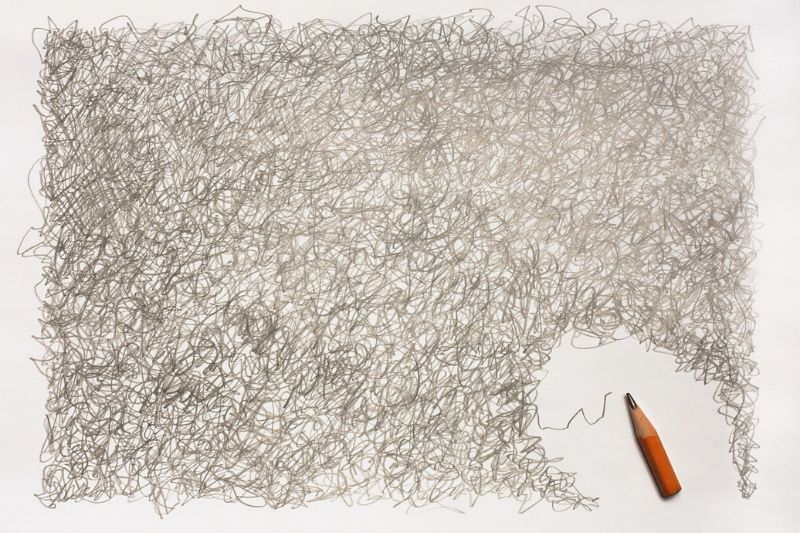
AUSTRALIA
- David Halliday, Michael McVeigh, Laura Kings, Michele Frankeni, Andrew Hamilton, Julian Butler
- 18 December 2024
To close the year for Eureka Street, the editorial team are taking a step back to reflect on the character of 2024. What did it demand of us? What did it teach us about ourselves, and the world we inhabit?
READ MORE
-
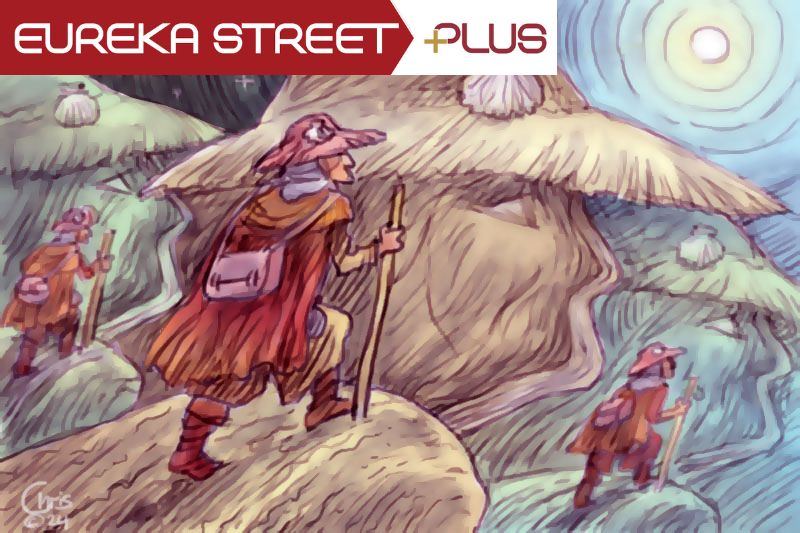
RELIGION
- Ann Rennie
- 13 September 2024
2 Comments
People visit graves and castles, libraries and mansions, battlefields and places of historical significance to feel a little of the lives of others, to pay homage, to make that human connection. We make secular pilgrimages to places that we have dreamt about or read in books or seen on screen. Wherever we go, these are ultimately visits to places within.
READ MORE 
-

ARTS AND CULTURE
- Juliette Hughes
- 15 March 2024
3 Comments
Two books about a 1942 massacre of Australian nurses were released last year. One is reliable, the other is notable for factual omissions. If we leave something out, are we then guilty of censorship? Alternatively, if our truth-telling offends someone else, what is our justification for so doing?
READ MORE 
-
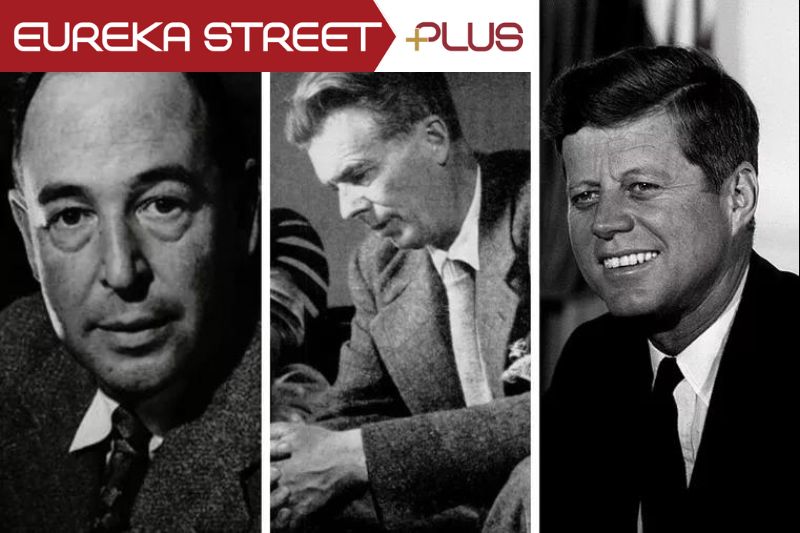
INTERNATIONAL
- Juliette Hughes
- 22 November 2023
1 Comment
Sixty years ago today, on November 22, 1963, the world lost three towering figures of the 20th century. On their diamond jubilee, do I think it was the end of the world as we know it when these three died? Each one shaped the twentieth century in a unique way. Each one left us with much to think about still.
READ MORE 
-
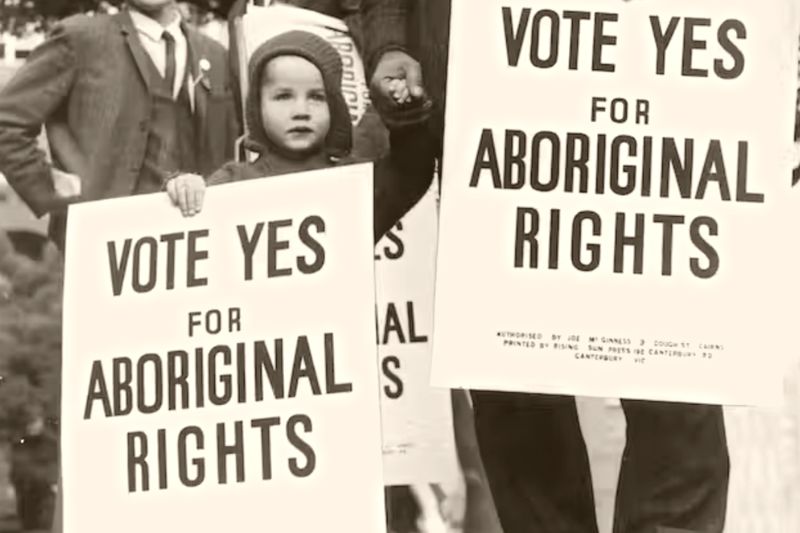
AUSTRALIA
- Frank Brennan
- 05 June 2023
19 Comments
The wording of the proposed change to the Australian Constitution to enshrine a First Nations Voice might not be perfect. But whatever the imperfections and the risk of future complications, it is high time that Australia’s First Peoples were recognised in the Constitution in a manner sought and approved by a broad cross-section of Indigenous leaders.
READ MORE
-

INTERNATIONAL
- Andrew Hamilton
- 11 May 2023
3 Comments
Both the resignation of Google AI researcher Geoffrey Hinton and Pope Francis' recent address on technology highlight concerns about unrestricted technological development and the urgent need for informed discourse on the potential of AI to reshape communication, governance, and self-understanding.
READ MORE
-
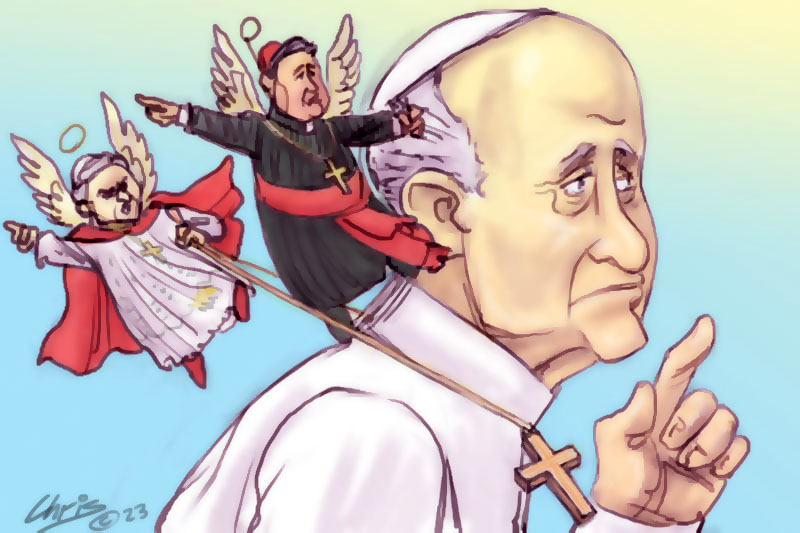
RELIGION
- Miles Pattenden
- 28 February 2023
4 Comments
Following the death of Pope Emeritus Benedict XVI, some believe Pope Francis is now free to advance a progressive agenda, while there’s good reason to doubt Francis will be willing or able to forward any meaningful change beyond that already achieved.
READ MORE
-

AUSTRALIA
- Julian Butler
- 18 October 2022
It might be a bit stale and trite to say so, but Australians do a good job of being at their best in a natural crisis. Solidarity is experienced in a way absent from much of our common conversation. Why is that?
READ MORE 
-
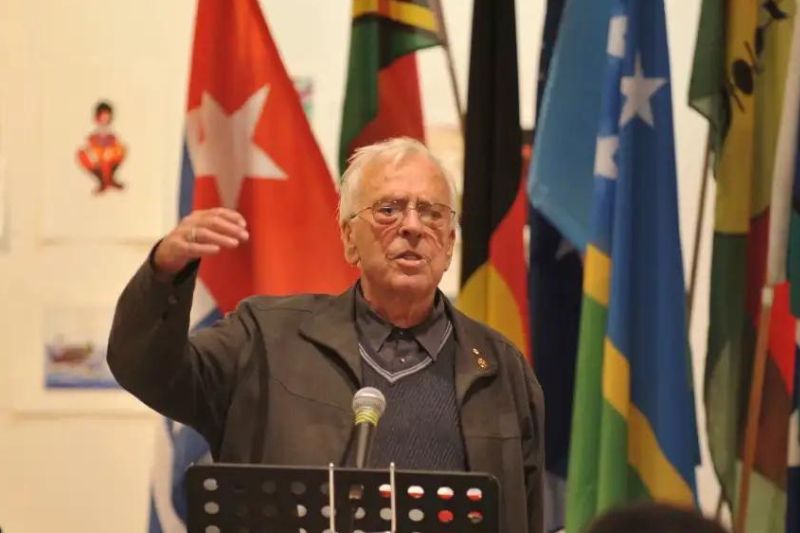
AUSTRALIA
- Andrew Hamilton
- 10 October 2022
8 Comments
Two weeks ago, Bishop Hilton Deakin died. My memories of him are inextricably tied to the Mass he celebrated in 1999 at St Patrick’s Cathedral in Melbourne, certainly the most emotionally charged event that I have seen there, following the violence orchestrated by the Indonesian military following the Referendum on Independence in East Timor. During the struggle for Independence, many East Timorese had joined the Catholic Church.
READ MORE 
-
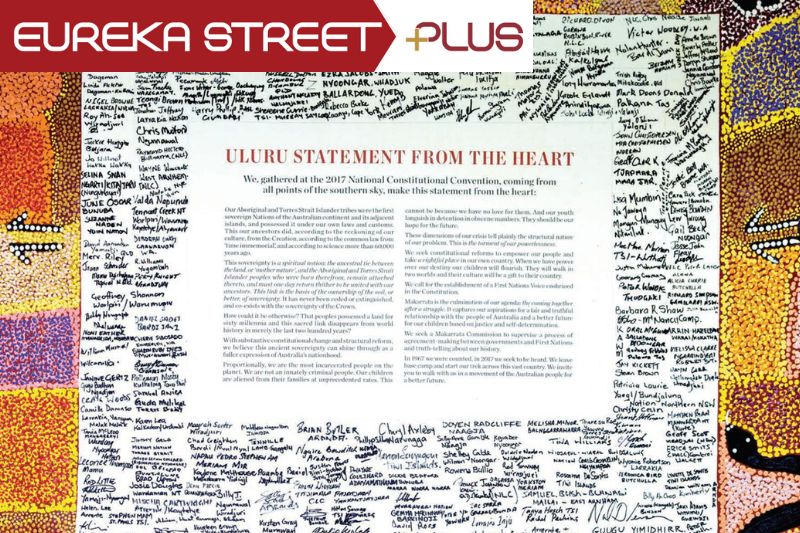
AUSTRALIA
- Frank Brennan
- 17 August 2022
2 Comments
We need to be able to do more than simply give notional assent to the Uluru Statement. We need to be able to contribute to the hard thinking and difficult discussions to be had if the overwhelming majority of our fellow Australians are to be convinced of the need for a Voice in the Constitution.
READ MORE 
-

AUSTRALIA
- Julian Butler
- 03 June 2022
1 Comment
Bernie Finn is not a figure I would naturally warm to. He has a rambunctious, contrarian persona that grates. A few months ago, if you had said to me that he would be expelled from the Victorian Liberal Party, I would have imagined it would be for some position or action I find egregious. Instead, he has been expelled for a position I essentially share.
READ MORE 
-
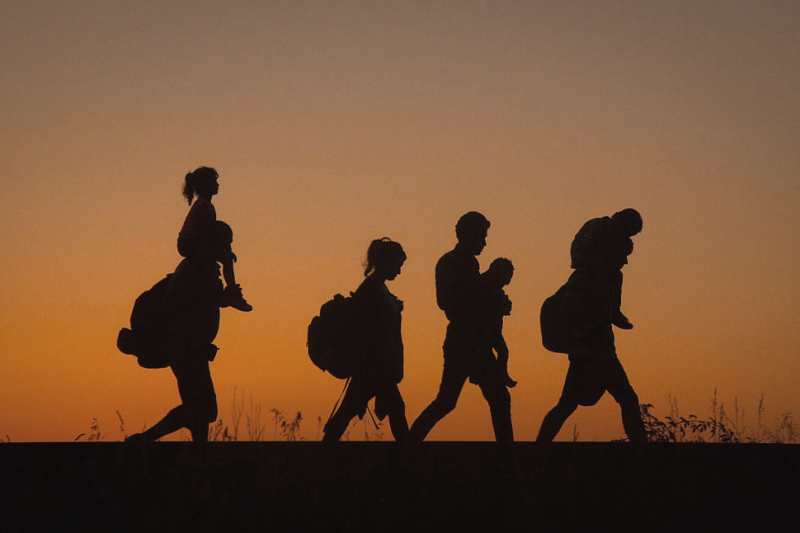
RELIGION
I have always considered myself pro-life. It’s not something I’ve felt a need to wear as a badge of honour, rather it has always been a default position. But terminology matters. Indeed, frequently, calling myself pro-life has drawn the derision or raised eyebrows of people around me, nuns and priests and radical ratbags alike, it has connotations.
READ MORE 